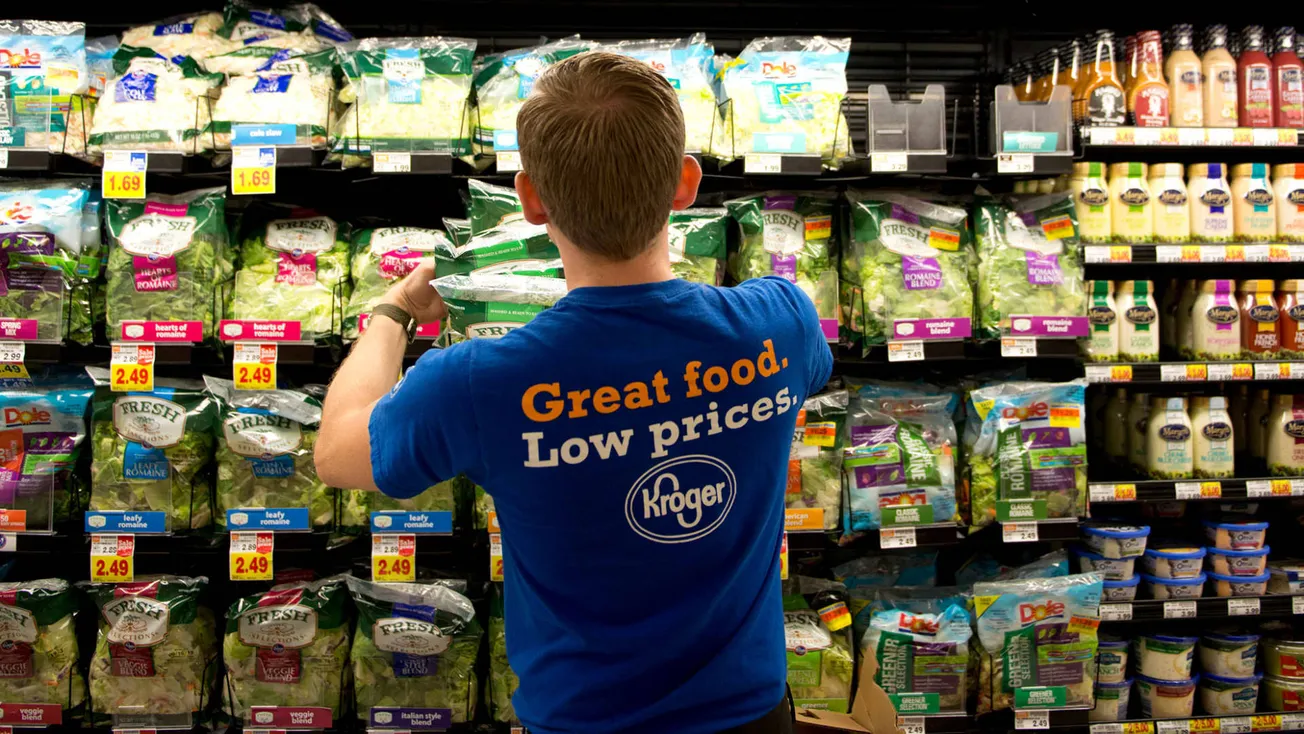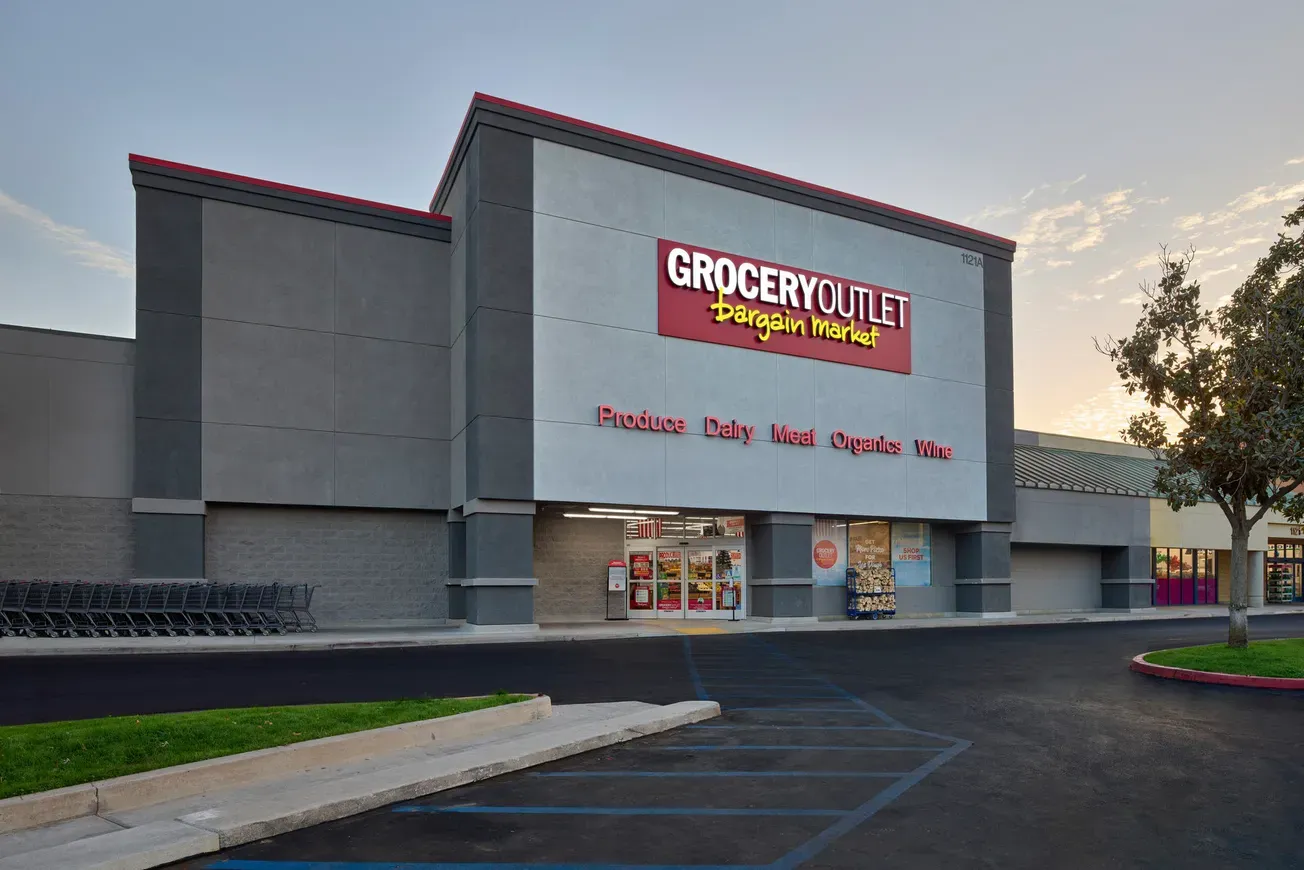SINGAPORE — The international retail landscape is being transformed by a “new age of global connectivity,” according to Philip Clarke, chief executive officer of Tesco PLC.
The international retail landscape is being transformed by a “new age of global connectivity,” according to Philip Clarke, chief executive officer of Tesco PLC.
The companies that ultimately win will be those that take ideas from all over the world and apply them in different ways and different places, he said during an address before the World Retail Congress last month.
Extending a theme he initiated at last year’s congress, Clarke said that unprecedented changes are compelling the retail industry to alter the way it connects to the global supply chain; the way it connects to customers, particularly online; and the way it connects to society as a whole. In essence, retailers need to rethink the way they do business, he remarked.
"For years, it’s been about developing best practices in the home market and then exporting them from on high," he said. "But this model has run its course. We all need to be quicker, smarter, more fluid and more interactive. We need to change the landscape, not just adapt to it."
Tesco, he asserted, is well placed to lead in that dynamic environment. The senior executives of the world’s third-largest retailer (behind Walmart and France’s Carrefour SA) all have international business, he pointed out.
In addition, though, Tesco’s size and global reach give it positive advantages of scale, with the ability to tailor its presence to what customers need on a local level. “We call this approach ‘glocalization’: the powerful blend of global strength and local understanding,” he said.
Clarke also repeated one of his themes from 2012: that retail growth in the future will not come from acquiring more real estate, as in the past, but by embracing digital retailing and changing the way retailers engage with customers. "It’s really rather simple," he said. "In the future, app development is going to be just as important as property development."
Clarke noted that mobile commerce is growing at an astronomical rate and Asia is at the center of the trend. Digital technology has become intrinsic to retailing, he remarked, and Tesco will consequently invest about $750 million in technology this year, a threefold increase in three years.
This year will also see Tesco expand its digital presence worldwide, with dot-com services being launched in Bangkok and Kuala Lumpur this spring and in Shanghai in the summer. The company has also launched a new online grocery service in Bangkok, and the Tesco Lotus app was one of the most popular downloads in Thailand when it launched, Clarke added.
In Korea, Tesco debuted its virtual shopping walls, which now can be found in such locations as Gatwick Airport in the United Kingdom. "To compete in the new era of retailing, Tesco has to be more than a retail company," he concluded. "We have to become a technology company, too."
It will not be enough, though, for retailers to enhance their connectivity with customers, he said. Going forward, they will have to create value for society as a whole, and the effort must go beyond corporate governance or corporate social responsibility to dealing with such issues as global unemployment.





